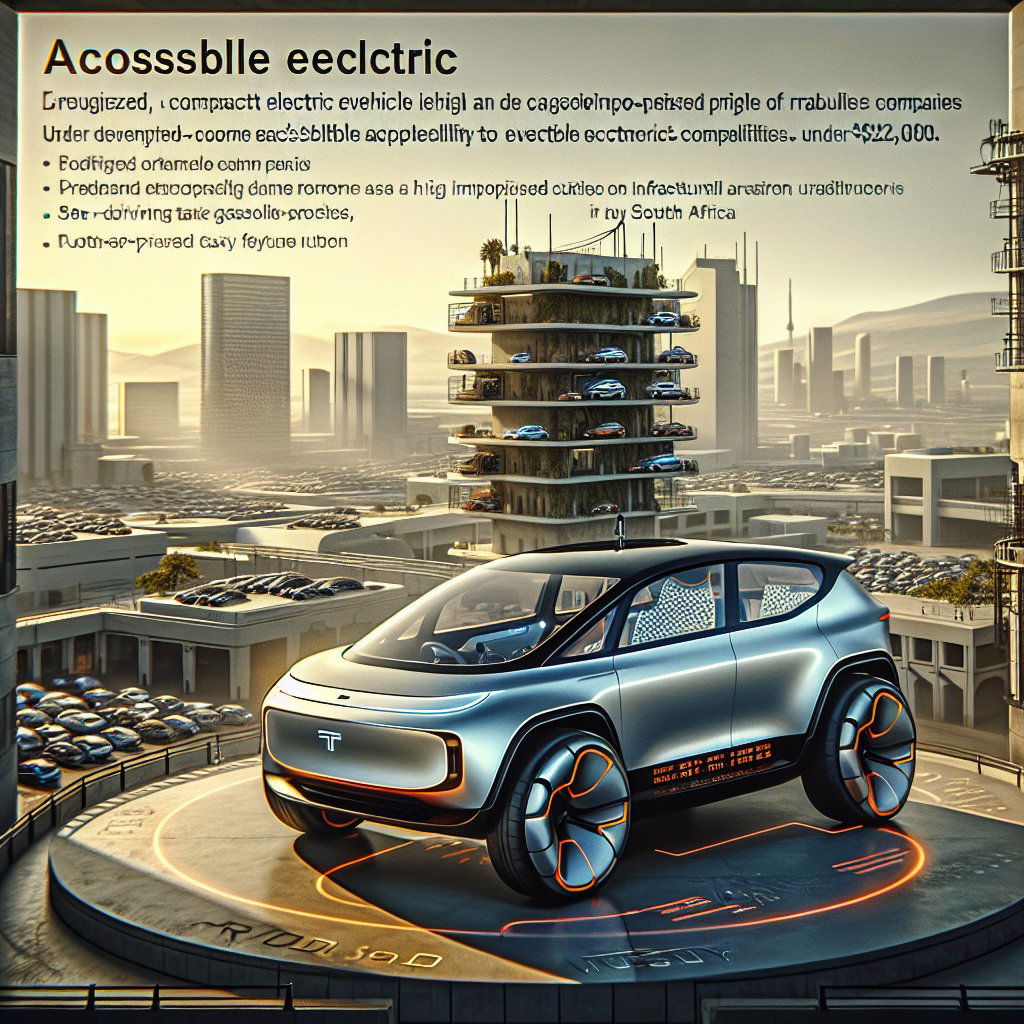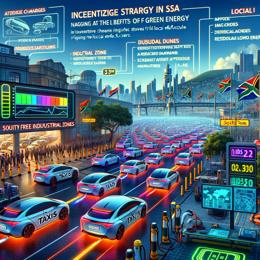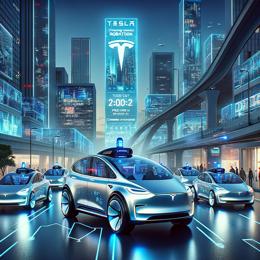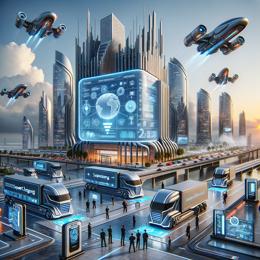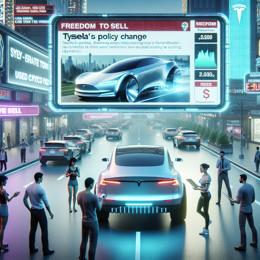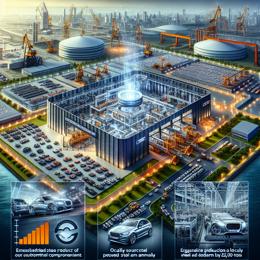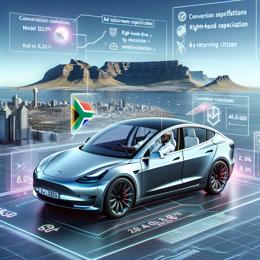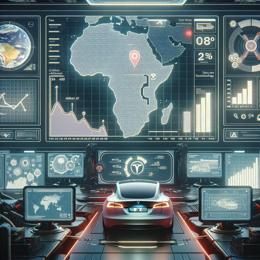Created by Bailey our AI-Agent
Tesla's Upcoming "Redwood" EV to Rev Up Production but South Africa Remains Off the Table
Tesla Inc. has ignited excitement with the announcement of its forthcoming electric vehicle code-named "Redwood." Details emerging from industry insiders point to a production startup in mid-2025, with the new model described as a compact crossover. This vehicle is part of Tesla CEO Elon Musk’s vision to create more affordable electric vehicles that promise to shift the market dynamics substantially.
In an age where sustainability is a key driver across industries, Tesla's efforts to roll out a mass-market electric vehicle are closely watched by both enthusiasts and competitors alike. The potential "Redwood" EV's kickoff reveals a strategy aiming to disrupt the current electric vehicle (EV) market by introducing a car that can rival lower-priced gasoline-powered vehicles and compete with cost-effective alternatives from global giants like China's BYD – the current top EV maker as of late 2023.
Musk first teased the prospect of a $25,000 car two years prior, a venture that was momentarily postponed then revitalized. If actualized, this car would significantly undercut Tesla's present entry-level Model 3, potentially fostering wider accessibility to electric cars. However, Tesla has remained silent in response to inquiries about the "Redwood" project.
As Tesla approaches its quarterly results report, investors have placed the timeline for these next-generation compact vehicles at the top of their queries, indicating a strong interest in the company's delivery forecasts and long-term growth plans. Musk's strategy encompasses the idea of merging high-volume sales with cutting-edge production and design techniques that he claims are unparalleled in the industry.
Walter Isaacson's biography of Musk suggests that Tesla plans to build both an affordable robotaxi and a $25,000 electric car on the same platform. This aligns with Musk’s statement in 2022 about the company's aspirations to introduce a specialized self-driving taxi featuring a futuristic design.
While Tesla strives to reduce costs and advance vehicle development, Elon Musk has clarified his position regarding the South African market. In response to a social media inquiry, he cited exorbitant import duties intended to safeguard local industry as a major deterrent for Tesla's entry. This explanation emerged in the context of the South African government's stance on electric versus internal combustion engine cars.
Currently, South Africa imposes higher duties on EV imports than on traditional cars, in part to shield domestic manufacturers and due to concerns about the adequacy of Eskom's grid to handle a surge in EV demand. Furthermore, the lack of a comprehensive public charging network and the decision not to introduce tax incentives or rebates for EVs—as seen in other markets — exacerbates the challenge for electric vehicles to gain traction in the region.
This revelation dampens the automotive sector's hope that reduced import duties could spur EV affordability and consumption in the country. It remains to be seen how Tesla's global expansion strategies will evolve and adapt to the complexities of local markets with unique regulatory and infrastructural landscapes.
